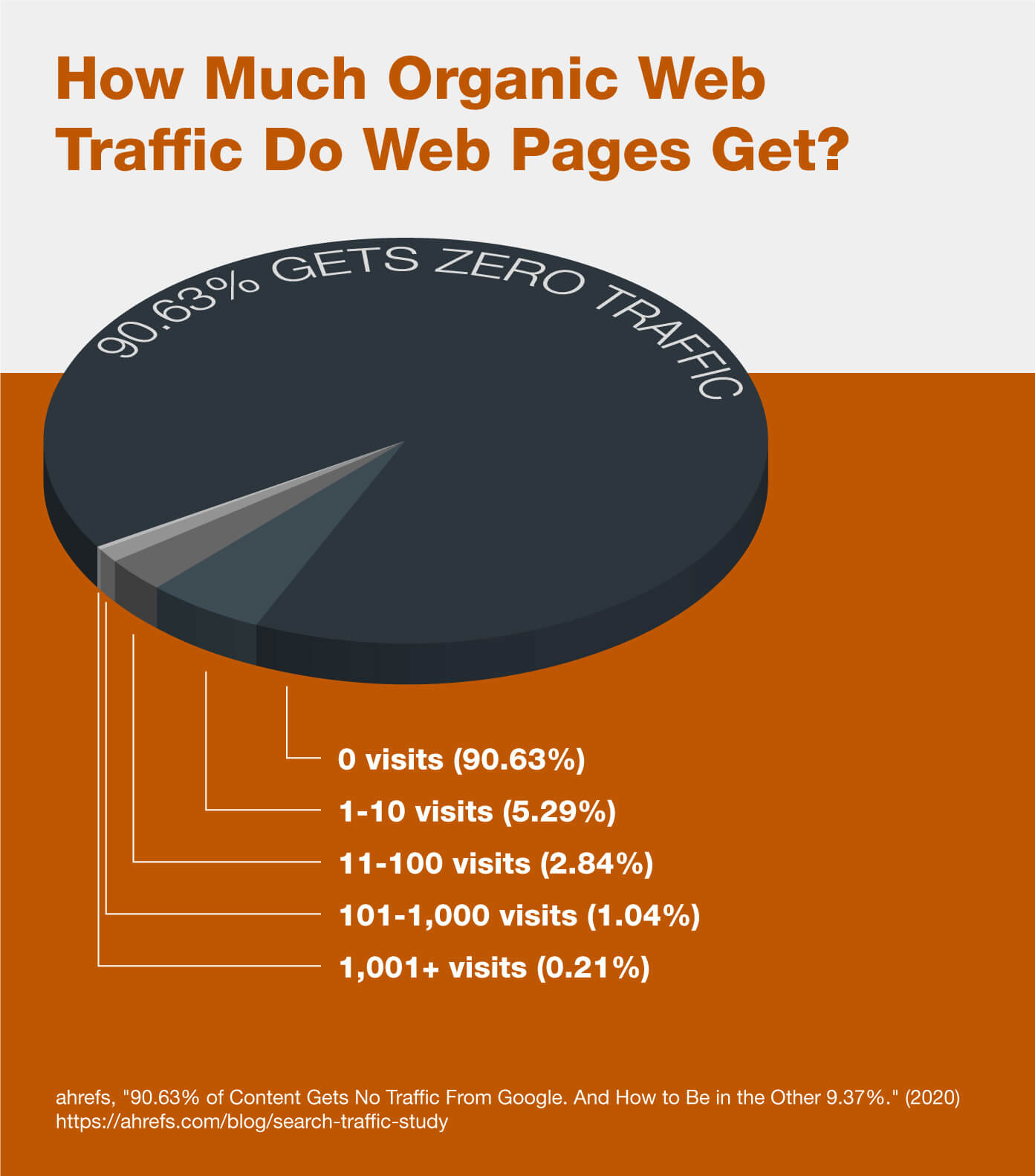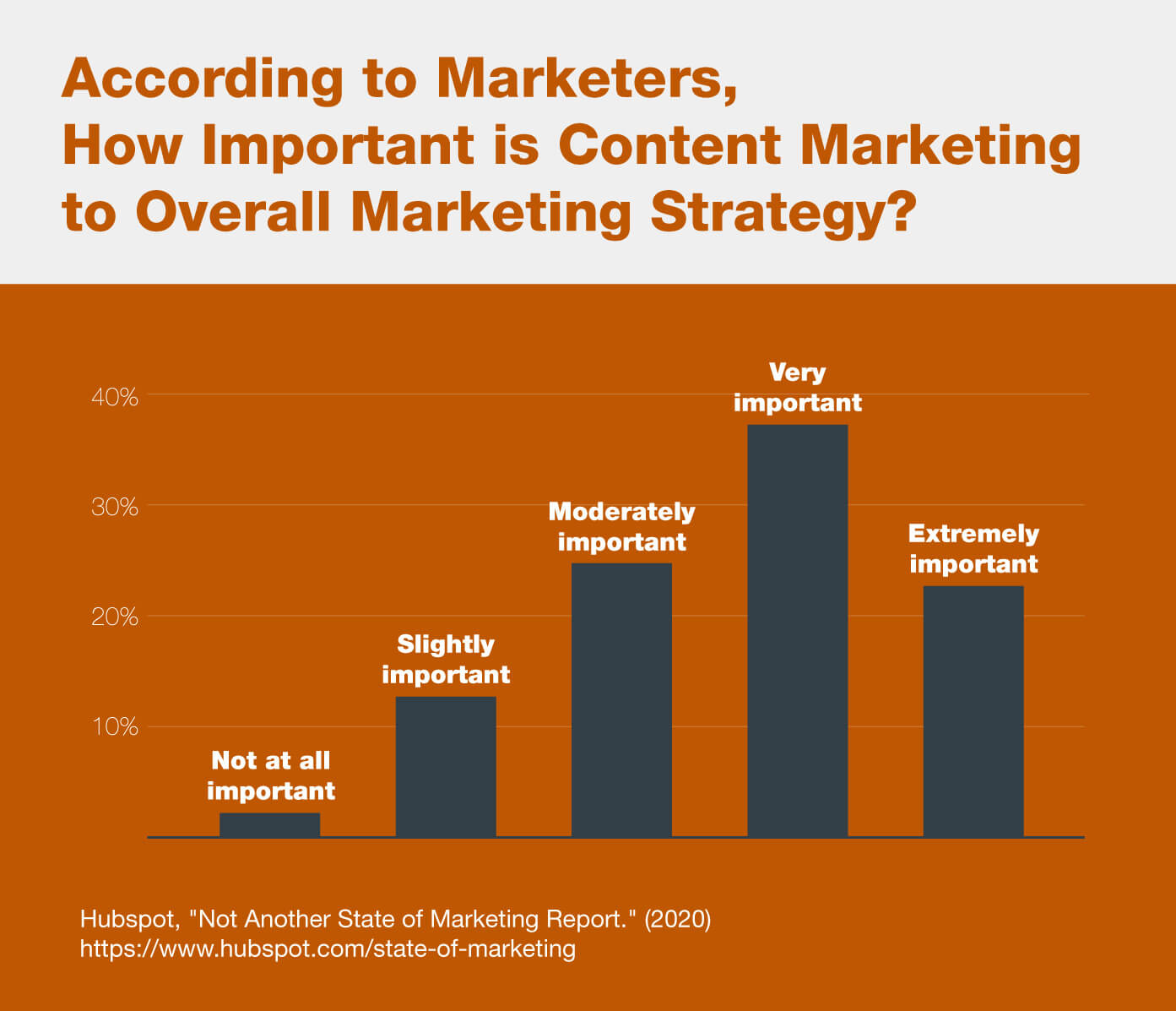The Most Common Digital Marketing Career Paths

There are a lot of reasons to choose a digital marketing career path. For one, it’s a thriving industry — today, countless consumers buy products based on the ads they see as they navigate search engines, scroll through social media platforms, and open emails.
Digital dominates the marketing sector; according to Deloitte and the American Marketing Associations’ annual CMO survey for 2020, digital marketing spend is expected to rise by 13 percent over the next year, while traditional will likely fall by 0.4 percent. As one writer for the report summarizes the survey’s findings: “Growth in digital marketing greatly outpaces growth in traditional marketing, with consistent, strong growth in digital marketing and relatively steady traditional advertising spending.”
The field is jam-packed full of opportunities for creative-minded professionals; according to the Bureau of Labor Statistics, the number of roles for marketing professionals will grow by 8 percent between 2018 and 2028, significantly faster than the 5 percent average expected for all occupations.
But where will these opportunities take aspiring marketers? What does a digital marketing career path look like, exactly?
The answer is somewhat complicated. While a “digital marketer” can be broadly defined as a professional who works to promote brands and products through digital means, the arc of a marketer’s career often depends on where they choose to specialize.
In this article, we’ll map out career paths for several specialties and explain how you can start walking your own digital marketing career path.
Find Out Which Specialty Appeals to You
Developing expertise in one or more specialties can help to support your digital marketing career progression.
To be clear — you don’t need to limit yourself to one specialty. Many skills overlap, and having a solid base in multiple areas of marketing can increase your desirability as a job candidate. Becoming a subject matter expert can make you a particularly in-demand digital marketer; however, focusing primarily on one specialty doesn’t prevent you from picking up experience in the others. Your best bet may be to pick up a little knowledge in as many marketing disciplines as you can while diving deep into one particular specialty.
Here are a few specialties you may want to consider when plotting your digital marketing career path.
SEO
SEO marketing, or search engine optimization, is one of the most widespread and in-demand skills in the digital marketing world. In essence, SEO marketing is all about designing and creating content to rank highly in search engines when consumers ask brand-relevant queries and industry-applicable searches.
According to a recent 2020 Ahrefs study, 90.6 percent of the content on the web receives absolutely no organic traffic from Google. In simple terms, this means that the lion’s share of search engine queries leads consumers to the same small pool of high-ranking results. If a brand’s content can achieve a notable spot in a search engine’s rankings, it may attract a deluge of organic customer interest. If it can’t, even the best content in the industry may go unseen.

However, SEO is more than just choosing the right keywords to include in your text. Today, search engine optimization encompasses a variety of concerns, from page usability, website speed, mobile accessibility, and more.
A digital marketing career path in SEO can include a variety of entry-level, mid-level, and senior roles. Here are a few examples of those positions.
Entry-Level — SEO Specialist
An SEO specialist analyzes and implements changes to website code and content in the hopes of driving more search engine traffic to the site. Typically, these roles require one to three years of professional experience.
Mid-Level — SEO Manager
Once you’ve spent a few years in a junior-level SEO job, you may want to advance to a mid-level SEO management position. In this role, you may be responsible for managing and communicating all company activities related to organic search and SEO optimization. Typically, an SEO Manager maintains frequent communication with the marketing team and is responsible for growing organic traffic and improving search engine rankings.
Senior — Digital Marketing Director
When you advance to a senior level, you may direct an entire department for digital marketing — including all streams of content — to promote customer engagement. This role typically demands at least five years of managerial experience.
Social Media Marketing
Social media marketing is a fast-growing vertical within digital marketing and can serve as a powerful tool in a business’s advertising arsenal. In this specialty, you will develop content and advertising strategies that promote customer interest and engagement on a variety of social media platforms, such as Facebook, Twitter, Instagram, and TikTok.
The importance of this specialty cannot be understated. According to research from EMarketer, a whopping 90.4 percent of Millennials, 77.5 percent of Generation X, and 48.2 percent of Baby Boomers actively use social media. Given these statistics, it isn’t surprising that a 2019 Hubspot Research survey found that nearly three-quarters of marketers worldwide are investing in social media.
The career path for a social media professional can include several steps. Below, we’ve listed a few roles that you may want to consider during your career.
Entry-Level — Social Media Specialist
A social media specialist may create and post visual and written content across their clients’ social media profiles. They will also develop social media strategies that suit the marketing department’s and company’s overarching goals. This role typically requires exceptional communication skills and experience using analytics tools.
Mid-Level — Social Media Manager
After a few years, you may choose to advance into a mid-level role as a social media manager. Typically, professionals in this role make critical decisions about a brand’s social and engagement strategies across platforms. Social media managers often take point in developing a brand’s unique voice, and are further responsible for mapping out and gauging the success of social campaigns.
Senior — Communications Director
At a senior level, a communications director uses their extensive experience to lay out long-term strategy and vision for the company to implement, introduce new ideas, and provide guidance to the entire team. They are also charged with crafting PR messaging and handling media events.
Email Marketing
While social media marketing may get more media coverage, email marketing is still a core profitable aspect of modern business. Email marketing sustains and increases business relationships, providing value for customers and engagement for the company. It can drive sales by circulating targeted content designed to appeal to a brand’s customer needs and interests.
In fact, according to statistics gathered by Litmus, email marketing brings in $42 for every $1 spent by a company. This makes it an incredibly lucrative aspect of digital marketing.
Your digital marketing career progression in email marketing may lead you through several roles throughout your career. Here are a few positions to consider.
Entry-Level — Email Marketing Specialist
An entry-level email marketing specialist might create and execute email marketing campaigns, design email messages, grow a company’s email database, and collaborate with other specialists on a marketing team to ensure that their strategies align with the team’s broader priorities and goals.
Mid-Level — Marketing Research Analyst
As a marketing research analyst, you might delve more deeply into the statistics and outcomes provided by email marketing campaigns and A/B testing. You’ll try out different messages to different customer subsets to figure out which ones appeal to your customer base best.
Professionals in this role typically also take responsibility for keeping a trained eye on industry trends and the competition.
Senior — Digital Marketing Lead
Digital marketing leads are responsible for conceptualizing, implementing, and managing marketing campaigns that promote a client’s brand or products. Outside of planning campaigns, these high-level professionals are also tasked with identifying marketing trends and monitoring the success (or failure) of all attempted strategies.
A digital marketing lead must have strong interpersonal and analytical skills as well as — of course — a talent for clear communication.
Content Marketing
Content marketers create relevant, interesting, and timely content that appeals to and engages customers on all digital frontiers, from a brand’s social media channels to its website. This content isn’t limited to promotional ad copy, though. Often, this kind of marketing will also encompass educational and informative articles, whitepapers, and other written work that establishes a brand as a thought leader in its field.
Content marketing is more crucial to a brand’s overarching digital campaigns than you might think; according to Hubspot’s 2020 State of Marketing Report, around 60 percent of marketing managers identified content marketing as “very” or “extremely” important to their overall strategy.

As you progress in your career as a content marketing professional, here are some entry-level, mid-level, and senior positions you might take on.
Entry-Level — Marketing Copywriter
A copywriter creates snappy, informative content for a company’s website or blog. As a professional in this role, you would use a company’s style guide and established brand voice to craft compelling, informative, and original material that appeals to customers, provides useful information, and drives sales.
Mid-Level — Content Strategist
Content strategists are mid-level marketing professionals who are responsible for creating and maintaining editorial calendars, creating style guides, and researching content tactics. They may also be tasked with managing employees and freelancers and ensuring the quality of all generated content.
Senior — Content Manager
As a senior-level content manager, you would take the lead on developing a brand’s online identity via the creation and publication of written and multimedia content. Content managers are team leaders; they are responsible for not only developing an overarching content strategy, but also for overseeing its execution by the content marketing team.
Other responsibilities may include brainstorming new content uses, tracking progress, and collaborating with other marketing leads.
Conversion Rate Optimization
Conversion rate optimization is all about increasing the number of conversions — that is, the percentage of website visitors and potential customers who actually make a purchase, fill out a form, or otherwise interact with the site. As a term, conversion means that a visitor to a site took a specific desired action, from providing an email address to buying an item or signing up for a subscription.
A conversion rate optimization (CRO) professional may design website flow and structure to enhance conversion and interaction. Unlike with SEO, the primary focus of conversion optimization isn’t getting more eyes on the site; instead, CRO professionals want to make each encounter more valuable.
As a conversion optimization professional, you may have different entry-level, mid-level, and senior positions in your career progression, including the following.
Entry-Level — Conversion Rate Optimization Specialist
As an entry-level professional, you may work with web designers and fellow marketers to increase customer engagement. You would use UX (user experience) design strategies, web analytics, and key metrics to improve the conversion percentage for website and social media visitors.
Mid-Level — Digital Marketing Specialist
As a mid-level digital marketing specialist, you may develop critical insights about your customers, craft campaigns to increase customer engagement and brand awareness, and promote lead acquisition across digital channels.
Senior — Senior Marketing Manager
In a senior marketing manager role, you would direct your team to promote the company effectively, surveying metrics, encouraging creativity, and providing long-term strategic vision to boost engagement and interaction.
Pay-Per-Click Marketing
Many of the specialties discussed above involve driving organic traffic, visibility, and engagement from customers visiting your company’s website. Pay-per-click (PPC) marketing extends this mission into paid promotion. With PPC, a company may pay large ad vendors like Google or Facebook for text or visual ad placement, aiming to pique searcher attention and ultimately drive sales.
As your career in the field grows, you might progress through several positions, including those below.
Entry-Level — Search Engine Marketing (SEM) Specialist
A search engine marketing specialist examines the topics and search queries that bring customers to the site. Then, they develop ads that they believe will appeal to these searchers’ interests and drive profitable traffic.
SEM specialists are also responsible for gauging metrics and assessing the success — or failure — of any attempted SEM strategies.
Mid-Level — Digital Marketing Specialist
In a mid-level role, you will combine your PPC know-how with SEO best practices to develop search strategies to direct traffic to a client’s website or products. Digital marketing specialists may also have a hand in other marketing verticals, including but not limited to content, email, and social media.
Senior — Digital Marketing Manager
If you choose to take on a senior management position, you will oversee all paid digital advertising in your company’s digital strategy, direct a team of SEO, SEM, and PPC professionals, and assess the effectiveness of all attempted strategies.
Learn the Necessary Skills
Now that you know more about the specialties available in the field, you need to focus on growing your professional capabilities. Each specialty will require a slightly different skill set; however, you will need to focus on a core set of capabilities.
The skills you should prioritize include:
- Brand building/strategy
- Competitive research
- Content strategy
- Search engine optimization (SEO)
- Social media advertising
- Remarketing
- HTML/CSS
In today’s information-savvy age, there are many ways to pick up useful professional skills and jump-start a new career in digital marketing. That said, the path that you choose will likely depend on your financial resources, the time you have available, and the industry experience you’ve already amassed.
For example, a college or university education is a great way to gain your footing in digital marketing theory and practice. A college education in statistics, writing, computer science, and business can provide substantive skills, great networking opportunities, and a firm foundation for growing your skills in the digital field.
However, college isn’t for everyone; if you already have a college degree in an unrelated field, you may not have the time or money to go back to school for another bachelor’s or a master’s degree.
On the other hand, a boot camp can be an excellent option for people looking to change careers. A tech boot camp can provide a clear curriculum, experienced educators, major projects, and an intense, accelerated schedule. These programs often lead learners to certifications, and they can be a great option for people who want to upskill and enter the job market quickly.
Self-directed learning through videos, books, and tutorials stands as another option. This is the least expensive option and can be well-suited to highly-motivated learners who prefer to set their own schedules. However, because this route does not provide instructor support or outside accountability, learners may struggle to maintain their motivation and learn on schedule. Think carefully about your learning habits before committing to this route!
Digital marketing is a lucrative, creative, and engaging industry that offers tremendous career potential. However you would like to learn, there are many paths to success in the field. Explore any and all educational options — including college, boot camps, or self-directed learning — that will help you explore your career options in this promising field.

 Live Chat
Live Chat